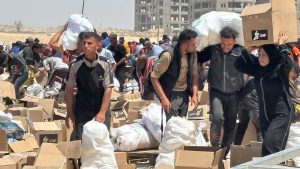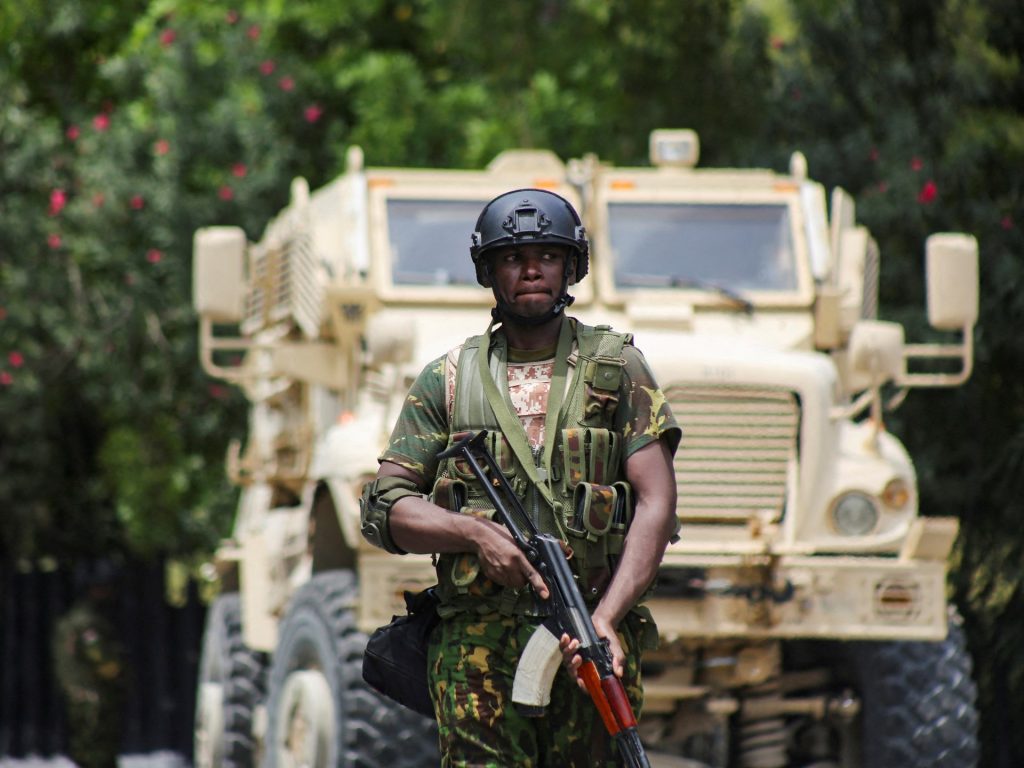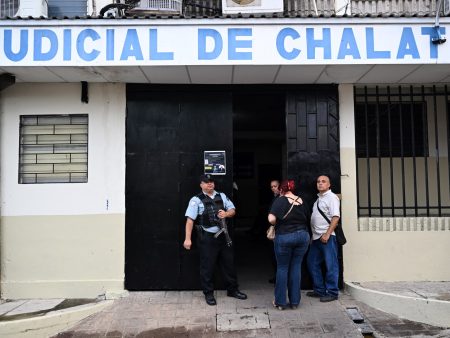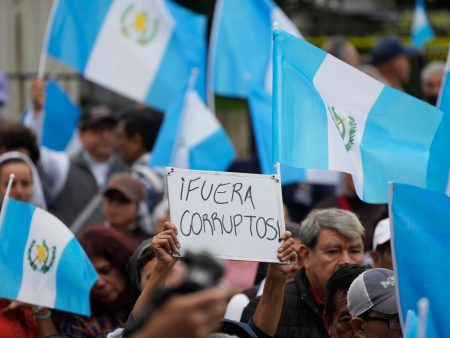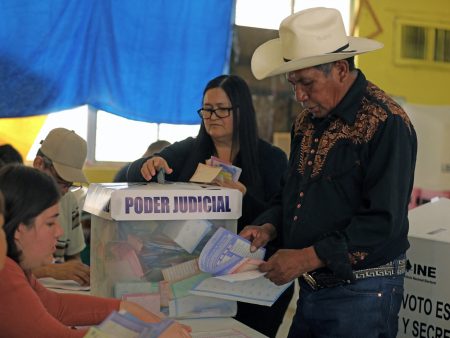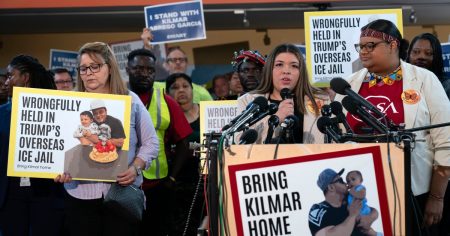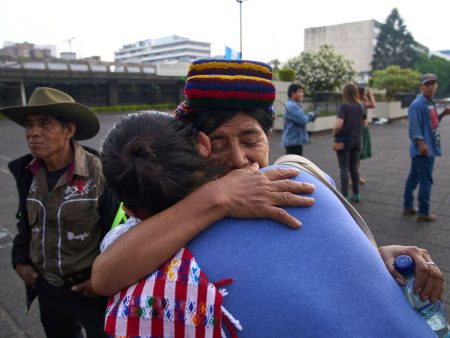The Multinational Security Support Mission to Haiti (MSS), a UN-backed security force spearheaded by Kenya, has vehemently denied reports alleging widespread officer resignations due to unpaid wages and subpar working conditions. The MSS asserts that all personnel have received their due compensation, including allowances, and that the force remains committed to aiding the Haitian National Police (HNP) in combating gang violence and restoring stability. This denial comes amidst growing scrutiny of the mission’s effectiveness and financial stability, as well as escalating violence and political instability in Haiti.
Reports from sources within the MSS, cited by Reuters, contradict the official narrative, claiming that nearly 20 Kenyan officers have resigned due to delayed payments and inadequate working conditions. This discrepancy underscores the challenges facing the mission, which has struggled to achieve its objectives since its deployment in June. The MSS’s arrival was met with cautious optimism, as it represented a renewed international effort to address Haiti’s deepening security crisis. However, the mission has been plagued by funding issues from the outset, operating with a significantly smaller contingent than initially planned. The reliance on US funding also raises concerns about long-term sustainability, particularly given the changing political landscape in Washington.
The unfolding situation in Haiti reveals a complex interplay of security, political, and economic challenges. The proliferation of armed gangs, controlling vast swathes of the capital, Port-au-Prince, has led to widespread displacement and humanitarian crisis. The MSS, tasked with bolstering the HNP’s capacity to confront these gangs, faces an uphill battle against entrenched criminal networks exploiting the country’s pervasive instability. The mission’s efficacy is further hampered by funding shortfalls and logistical hurdles, hindering its ability to deploy the necessary resources and personnel.
The underlying political instability in Haiti further complicates the security landscape. The assassination of President Jovenel Moïse in 2021 triggered a power vacuum, exacerbating existing political divisions and fueling the rise of armed gangs. The absence of democratic elections has created a legitimacy crisis, with gangs vying for control and influence. The recent dismissal of interim Prime Minister Garry Conille, after only six months in office, highlights the fragility of the transitional government and raises concerns about corruption and political maneuvering. These political upheavals undermine efforts to establish stable governance and create an environment conducive to long-term security and development.
The international community’s response to the Haitian crisis has been marked by both engagement and caution. The US, while supporting the Kenyan-led MSS, has been hesitant to commit to a full-fledged peacekeeping mission, mindful of the legacy of past interventions. Previous UN peacekeeping efforts in Haiti, while aiming to restore stability, faced criticism for unintended consequences, including the reintroduction of cholera and allegations of sexual abuse. This history underscores the complexities and sensitivities surrounding international involvement in Haiti’s internal affairs.
The future of the MSS and Haiti’s security remains uncertain. The mission’s ability to fulfill its mandate hinges on securing adequate and sustained funding, addressing internal challenges related to personnel and logistical capacity, and navigating the complex political landscape. The international community faces a difficult choice: continuing to support the existing mission despite its limitations, or considering alternative approaches, including a potential UN peacekeeping mission, while acknowledging the risks and challenges associated with such interventions. The success of any intervention in Haiti will ultimately depend on addressing the root causes of instability, including poverty, inequality, political dysfunction, and the pervasive influence of armed gangs. This requires a multifaceted approach that encompasses security, political, and economic reforms, as well as a commitment from the international community to provide sustained support and resources.
